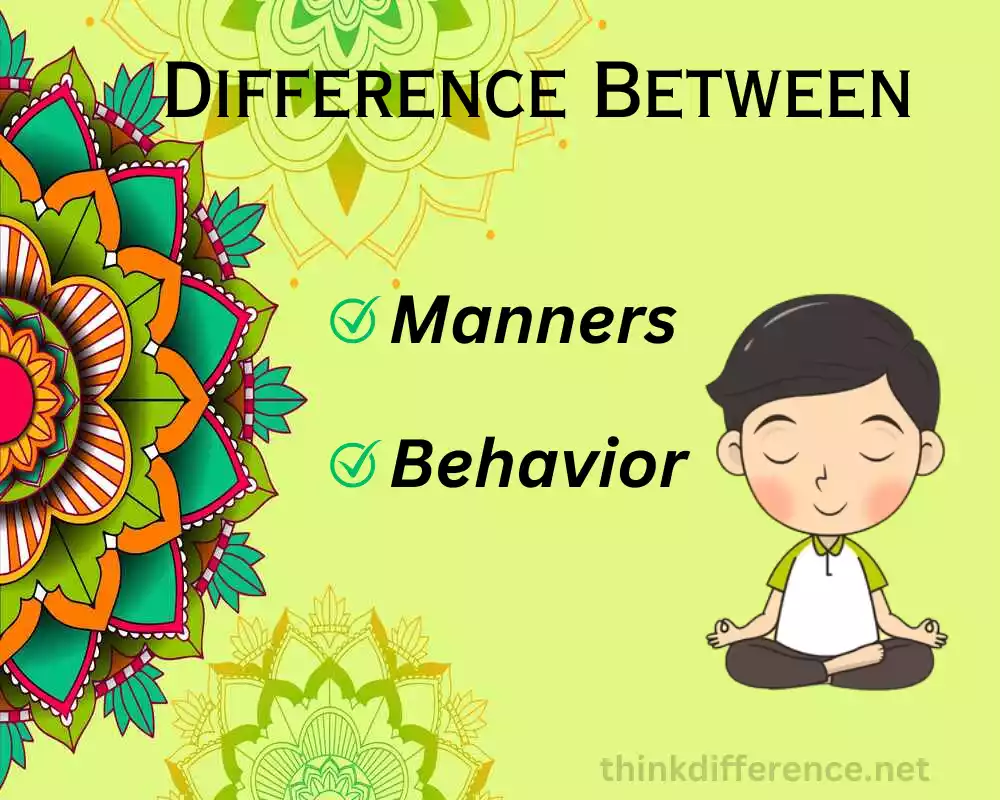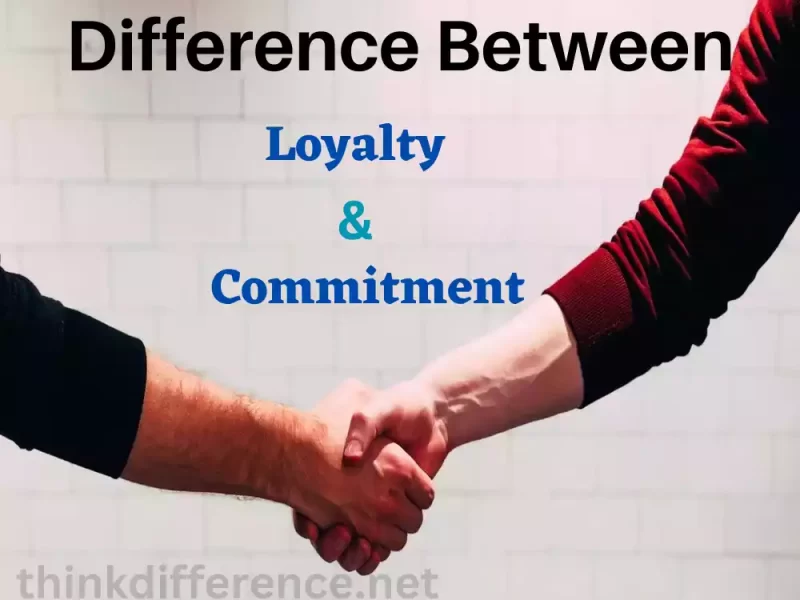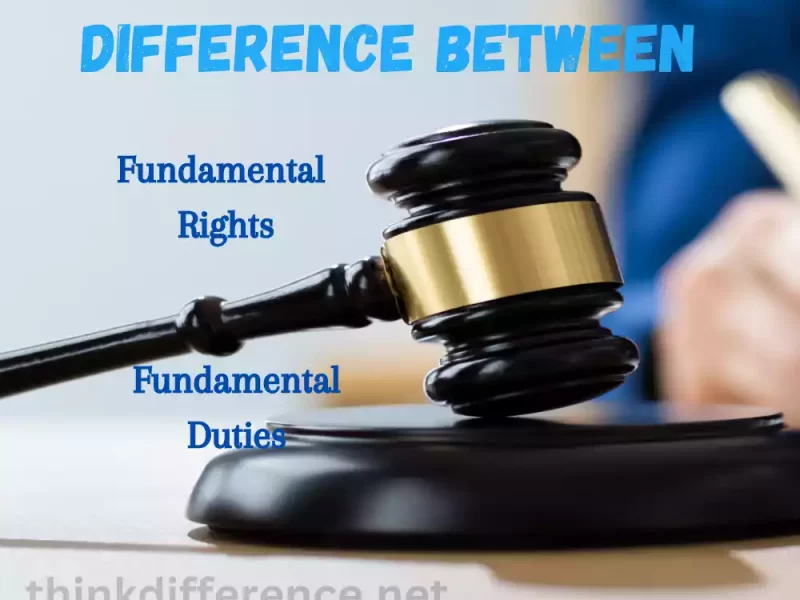Definition of Manners and Behavior
Manners refers to the social conventions which govern polite behavior and respect within society; specifically actions, gestures and speech patterns considered suitable and polite in different social circumstances. An individual’s manners reflect their upbringing, culture and social expectations while at the same time contributing to peace within communities or societies.
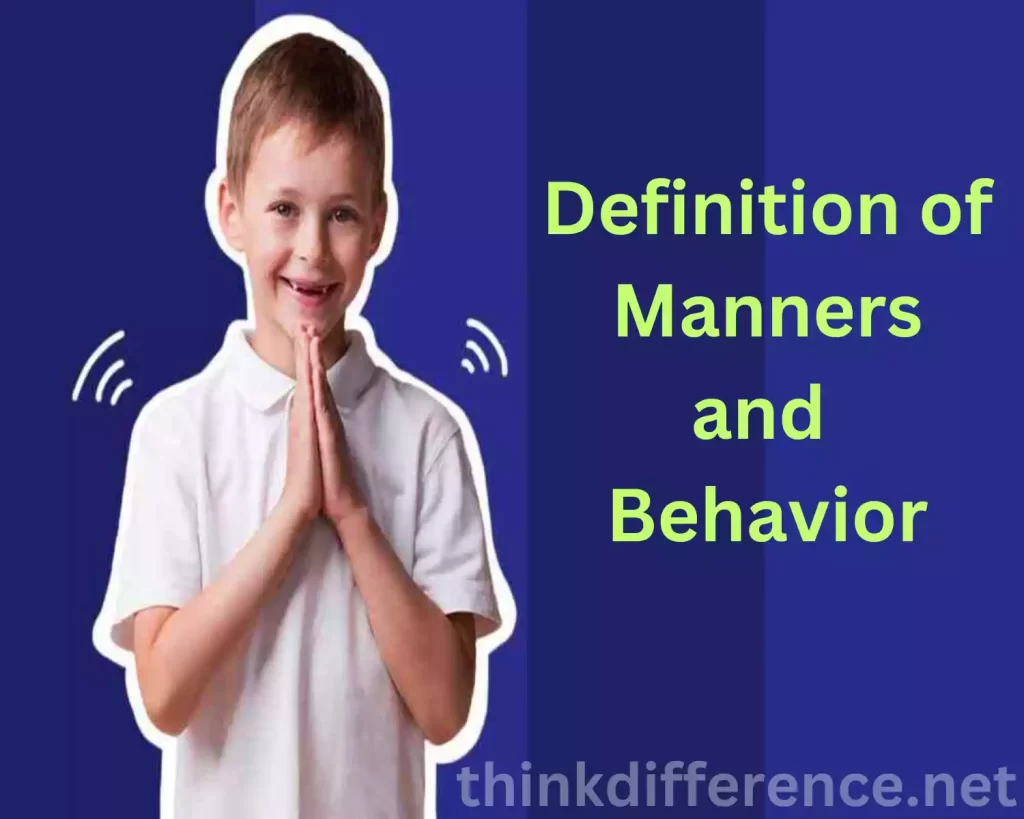
Behavior, Describes an individual’s actions, reactions and conduct as they respond to stimuli in various circumstances and situations. Behavior covers an extensive array of external and internal behaviors including verbal/nonverbal expressions/decisions/interactions with others as well as personal traits like values/beliefs/cultural norms/past experiences that shape its expression – this impacting their character development along with creating strong bonds within social, professional and personal environments.
Manners refers to specific social conventions and actions related to politeness and courtesy in certain social circumstances, while behavior encompasses all manners people exhibit across many areas of their life, with certain actions impacting manners more than others. Both concepts play an integral role in communication, developing relationships between people, and contributing to harmony within societies – they work hand-in-hand towards this end.
Importance of understanding Manners and Behavior
- Effective Communication: Manners and behaviors play a pivotal role in effective communication. Polite actions like listening actively, using respectful language and considering other viewpoints all create positive environments which foster healthy interactions and ensure mutually beneficial interactions between parties involved.
- Building Relationships: By understanding and practicing positive behavior and manners, individuals can foster strong relationships. Respectful conduct, being considerate of other’s feelings, empathy are all contributing elements to mutual respect, trust, and cooperation between members of a relationship.
- Social Integration: Manners and behavioral skills help people successfully navigate social situations while abiding by society’s norms and norms. Understanding proper manners may enable individuals to avoid awkward social encounters while decreasing conflicts within diverse communities and encouraging inclusion among them.
- Personal and Professional Growth: Adopting positive behaviors such as integrity, professionalism and responsibility can contribute to personal and professional development. Employers, peers and colleagues appreciate such behavior more which opens up more opportunities and success for everyone involved.
- Ethical Conduct: Understanding behavior and manners helps individuals make ethical decisions and act with honesty, integrity and regard for other people.
- Cultural Sensitivity: Each culture has unique ways of doing things and practices that require understanding to respect. By understanding cultural norms and traditions, individuals can show respect and show sensitivity towards diverse cultural backgrounds thereby encouraging multicultural harmony and understanding between various cultural groups.
- Role Modeling: People who demonstrate excellent manners or positive behavior serve as great role-models for others, providing both influence and inspiration to those they meet. Such individuals help enhance social well-being by showing desirable characteristics while encouraging others to do likewise.
Understanding manners is vital for effective communication, building relationships and integration into society; personal growth. Ethical conduct and cultural sensitivity are also core values that should be practiced by everyone; it helps act as positive role models and helps contribute to creating more harmonious communities where inclusion and respect flourishes.
Manners
Manners refers to social conventions which govern polite, respectful behavior. Manners comprise actions, gestures and speech patterns which are considered polite in various social settings and settings. Their use is essential in building harmony, respect and effective communication within societies or communities.
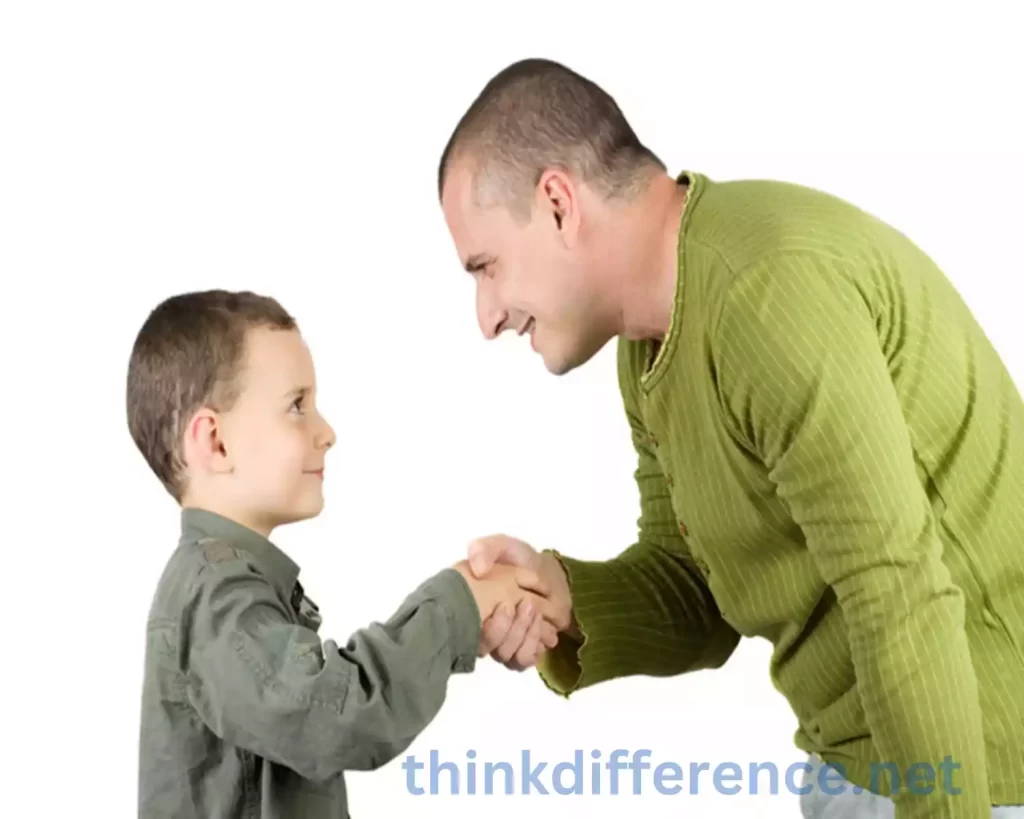
Here are a few key points about manners:
- Polite Language: By using polite terms such as “please,” “thanks,” and “excuse” when communicating with others, using polite phrases shows respect and consideration for their feelings.
- Respect for Personal Space: Being mindful and considerate when entering another’s personal space and boundaries is integral to good manners and creating an atmosphere which fosters both comfort and respect for everyone involved. By refraining from intrusive behaviour and remaining aware of physical proximity issues, an environment conducive to comfort will result.
- Table Manners: Exhibiting proper table manners during meals by adhering to proper table manners such as chewing with your mouth closed, using all appropriate utensils correctly, and waiting until others have started eating is one way of showing respect and showing consideration for others.
- Punctuality: Being punctual for social events, meetings and appointments shows respect for others’ time and their commitments.
- Active Listening: Paying close attention when others speak and making an effort to maintain eye-contact while responding appropriately shows respect and interest in what they have to say.
- Gratitude and Recognition: Expressing thanks and acknowledging others with words or gestures shows great politeness and can build long-term relationships. Show yours by saying thanks or sending thank-you notes as ways of showing our appreciation; compliments may also do just the trick!
- Respectful and Polite Behavior in Public Spaces: Being mindful of noise levels, keeping public areas clean, and considering other peoples comfort and wellbeing all go toward creating an atmosphere that fosters respect and polite behavior in public places.
Good manners can play an essential role in creating an ideal working environment and contributing to social harmony. Manners serve as an expression of respect, consideration and empathy towards one’s fellow humans while improving social interactions creating an enjoyable and polite experience for everyone involved.
Behavior
Behavior refers to an individual’s actions, reactions and conduct in response to stimuli or circumstances; including verbal and nonverbal expressions of feelings, decision making processes and interactions with other people. It includes both external and internal behaviors; including verbalizations such as verbalizing oneself verbally as well as emoting verbally through actions like writing down one’s feelings verbatim on paper versus on social networks etc.

Here are a few key aspects of behavior:
- Actions and Reactions: Behavior can be broadly defined as the observed actions and reactions by individuals across various contexts, including how people act upon stimuli such as tasks being completed on time, expressing emotions openly or reacting appropriately in certain situations.
- Decision-making: Decision-making is an activity in which individuals make choices based on their thoughts, values and beliefs. Decisions may range from basic daily choices to longer-term impacts with profound ramifications.
- Interact with Others: Interaction between individuals covers how they connect in personal, social and professional environments – this may involve communication styles, collaboration agreements, conflicts resolution strategies or any form of relationship formation between two people.
- Emotional Expressions: Behavior is one way for individuals to communicate and manage their emotions, including verbal and nonverbal signals like body language, facial expressions and tone of voice.
- Conformance to rules and norms: Behavior requires adhering to rules, regulations, social norms and social codes that affect behavior; this may involve adhering to society norms, laws, ethical codes or organizational policies.
- Internal Processes: “Behavior” refers not only to an individual’s external actions, but also their inner processes such as beliefs and attitudes that guide mental processes as well as thoughts that guide actions taken – including thinking patterns, motivation and self-regulation.
- Adaptability: Adaptability refers to an ability to respond well in unfamiliar circumstances and environments, and adapt to rapidly-evolved circumstances. It requires openness of mind, flexibility and an agile response when responding to changing environments or circumstances.
Behavior can be affected by multiple influences, including personality traits, beliefs, cultural norms and past experiences. Behavior may be intentional or unconscious and voluntary or involuntary – its purpose being the development of character as well as building relationships and contributing to overall dynamics within social, professional and personal contexts.
Understanding and examining someone’s behavior is an excellent way of gaining insights into their attitudes, motives and response patterns – providing opportunity for self-reflection, personal growth and the emergence of constructive or positive behavioral patterns in others. By understanding another’s behavior in interpersonal or social situations effectively communication occurs more efficiently as empathy develops into collaboration allowing effective communications, empathy building and cooperation to occur more naturally and collaboratively than otherwise possible.
Differences of Manners and Behavior
Manners and behavior are two distinct aspects of human interaction and conduct. While they are related, there are differences between Manners and behavior.
Here are the key differences:
- Focus: Manners primarily focus on social conventions and politeness, emphasizing appropriate behavior in specific social situations. On the other hand, behavior encompasses a broader range of actions, attitudes, and conduct that extends beyond social norms and conventions.
- Context: Manners are often specific to particular situations or social settings. They guide our behavior in specific social contexts, such as using proper table etiquette or offering a polite greeting. Behavior, on the other hand, is applicable across various contexts and interactions. It encompasses how we act and respond in different situations, including both social and personal interactions.
- Voluntary vs. Involuntary: Manners are often voluntary and chosen as a way to show respect, consideration, and adherence to social norms. They are conscious and deliberate actions. Behavior can be both voluntary and involuntary. It includes not only conscious actions but also subconscious reactions and learned responses that may not always be under our direct control.
- Cultural Variations: Manners vary greatly across cultures, reflecting cultural norms and expectations. They can differ in terms of greetings, forms of address, table manners, and more. Behavior, while influenced by culture, can also be shaped by individual personality and personal values. It goes beyond cultural norms and may be guided by one’s own moral compass.
- Scope: Manners often focus on specific outward actions and gestures that are considered polite or appropriate. They involve the way we speak, act, and carry ourselves in social settings. Behavior, on the other hand, encompasses a broader spectrum, including not only external actions but also internal attitudes, values, and moral choices. It reflects who we are as individuals and how we interact with others on a deeper level.
- Complementary Nature: While manners and behavior are distinct, they are also interconnected. Good manners can be seen as a manifestation of good behavior. Demonstrating proper manners often indicates that an individual possesses positive character traits and values, such as respect, consideration, and empathy. At the same time, good behavior encompasses more than just manners. It includes ethical conduct, integrity, honesty, and moral values that guide our actions in various situations.
Manners and behavior are related but have important differences. Manners focus on social conventions and politeness within specific contexts, while behavior encompasses a broader range of actions, attitudes, and conduct across various situations. While good manners can be an outward display of good behavior, behavior extends beyond manners to reflect one’s character, values, and ethical choices.
Interplay Between Manners and Behavior
Behavior and manners share an intricate connection, with one informing and reinforcing another in many ways. Although manners are part of behavior, their influence extends far beyond this boundary. There was some dispute as to which side is right over at this particular event, which ultimately brought more good than harm for all concerned.
- Manners can be understood as one aspect of behavior: Good manners is defined as specific patterns of actions within the larger spectrum. Good manners is defined by behaviors which emphasize social conventions, politeness and respect within certain social settings – these values contribute significantly towards creating an atmosphere conducive to positivity in our world today. Good manners play an essential part of maintaining a positive outlook in life.
- Behavior Can Shape Manners: Individual behavior has the power to shape manners. How people act influences what manners are displayed; good manners are fostered through acts such as kindness, empathy and respect which encourage good manners and support good social manners.
- Mutual Reinforcement: Manners and behavior reinforce each other reciprocally, with positive behaviors encouraging and reinforcing good ones, such as showing respect and consideration towards others in an individual setting or supporting a positive social atmosphere. Good manners also offer mutual reinforcement by creating expectations of respectful conduct among individuals that inspires individuals to align their behaviour accordingly.
- Impact on Social Interactions: Manners and behaviors play an enormous role in social interactions. By cultivating an environment of peace, respect, courtesy and harmony that positively influences social dynamics; good manners can improve communication, foster trust between relationships, contribute to well-being in relationships as a whole and foster long-term well-being for relationships in general. Positive behaviors like active listening, conflict resolution skills and empathy help build meaningful interactions thereby reinforcing good manners’ significance in various settings.
- Development of Character: Character formation is heavily impacted by manners and behaviors. Honesty and integrity foster solid character traits while strong character traits tend to produce individuals who are more considerate and respectful in behavior and attitude.
- Cultural Context: Culture and customs have an enormous effect on behavior and manners, which requires understanding culturally specific differences when communicating cross-culturally. By adapting your behavior and mannerisms according to expectations from cultural backgrounds, sensitivity increases greatly which leads to positive interactions and increased positive engagements with diverse societies.
Interdependency between manners, behavior and their interrelation is underlined by two. While manners provide guidelines for polite, respectful conduct, while behavior describes numerous actions and attitudes taken over time. Positive behavior plays a pivotal role in cultivating and displaying good manners while creating meaningful social interactions and helping shape an individual’s personality.
Good manners set expectations while reinforcing good behavior – creating a cycle which promotes harmony and respect between social environments.
Conclusion
Manners and Behavior are integral aspects of human interactions. They define how we connect with others and shape the quality of our relationships. By fostering good manners and respectful behavior, we can create a more harmonious and understanding society. Emphasizing the significance of manners in various aspects of life, from personal relationships to professional settings, will lead to a more considerate and empathetic world.

